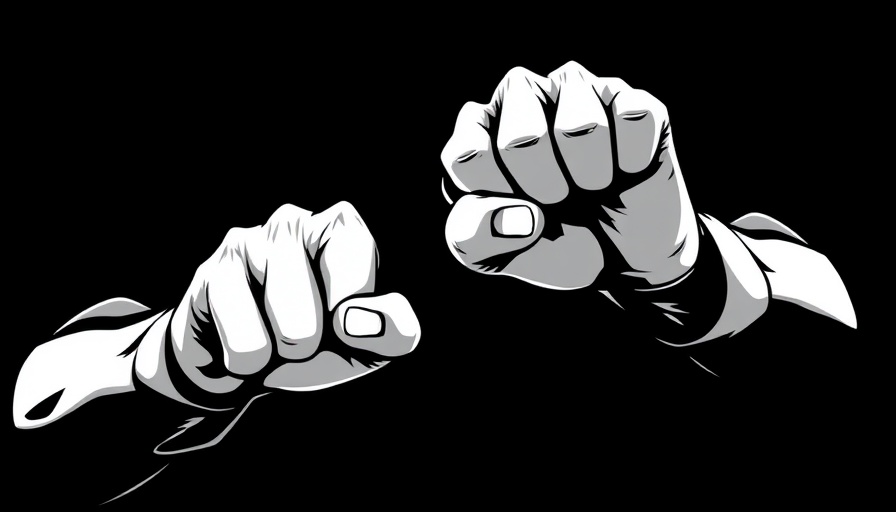
The Enduring Impact of Martial Virtues in Martial Arts
Martial arts practitioners, regardless of their specific discipline, share a common foundation: a set of martial virtues that enrich their training and personal development. These virtues—embodied by a diverse group of martial artists—range from fighters and healers to philosophers and teachers. Each individual brings a unique perspective influenced by their experiences and interests, contributing to a vibrant tapestry of knowledge within the community.
Exploring the Core Virtues
Among the many virtues prevalent in martial arts, the Chinese Martial Virtues offer profound insights. These tenets include humbleness, loyalty, respect, trust, righteousness, will, perseverance, persistence, patience, and courage. Each virtue requires deep introspection and can be studied throughout one’s life, similar to the never-ending journey Alice experiences in Wonderland. As practitioners delve into these concepts, they begin to understand their interconnectedness, enhancing their abilities both on and off the mat.
A Parallel Tradition: The Samurai Code
Likewise, the Samurai Code of Budo incorporates seven key virtues: benevolence, rectitude, respect, honesty, loyalty, courage, and honor. While these may appear as high ideals, they serve as guiding principles during the intense, emotional experiences inherent in martial training. The shared perspective between the Chinese Martial Virtues and the Samurai Code further illustrates how different traditions can converge on similar ethical frameworks, promoting growth and self-improvement.
Real-World Application: Courage in Action
Courage, a vitality within martial arts, is often viewed as the ability to confront physical danger. However, it also encapsulates mental resilience. For example, a practitioner’s courage is also reflected in their willingness to confront personal shortcomings, admit defeat, and embrace vulnerability. In one inspiring instance, Master Sharath Jason Williams demonstrated this concept through a touching interaction with a child in distress, showcasing how martial virtues transcend physical practice and extend into emotional support.
Understanding Respect: A Key Virtue
Respect in martial arts is multifaceted, encompassing not only reverence for instructors—acknowledging their achievements and wisdom—but also recognizing the potential for growth in younger practitioners. This reciprocity emphasizes that respect is not a one-way street; it’s essential in cultivating a supportive training environment where respect fuels improvement.
The Purpose of Study: Making Better Humans
The ultimate goal of engaging with these martial virtues is to develop well-rounded individuals capable of contributing positively to their communities. The virtues provide a structural framework through which martial artists can navigate their journey. Encountering challenges paired with these principles equips practitioners not just to excel in martial disciplines, but to enhance their character and approach to life.
At Gurnee Karate, students explore these vital concepts in a supportive atmosphere. Whether through karate lessons or self-defense training, the application of martial virtues is at the forefront of every class. As practitioners from various backgrounds come together, they embody these principles, shaping each other’s training experiences and fostering mutual growth.
If you’re looking to deepen your martial arts experience, join our community at Gruber's Karate, rated five stars for comprehensive training for all ages. Call us at 224-347-6655 to learn more about our classes and how we can help you embody martial virtues in your journey!
 Add Row
Add Row  Add
Add 




Write A Comment